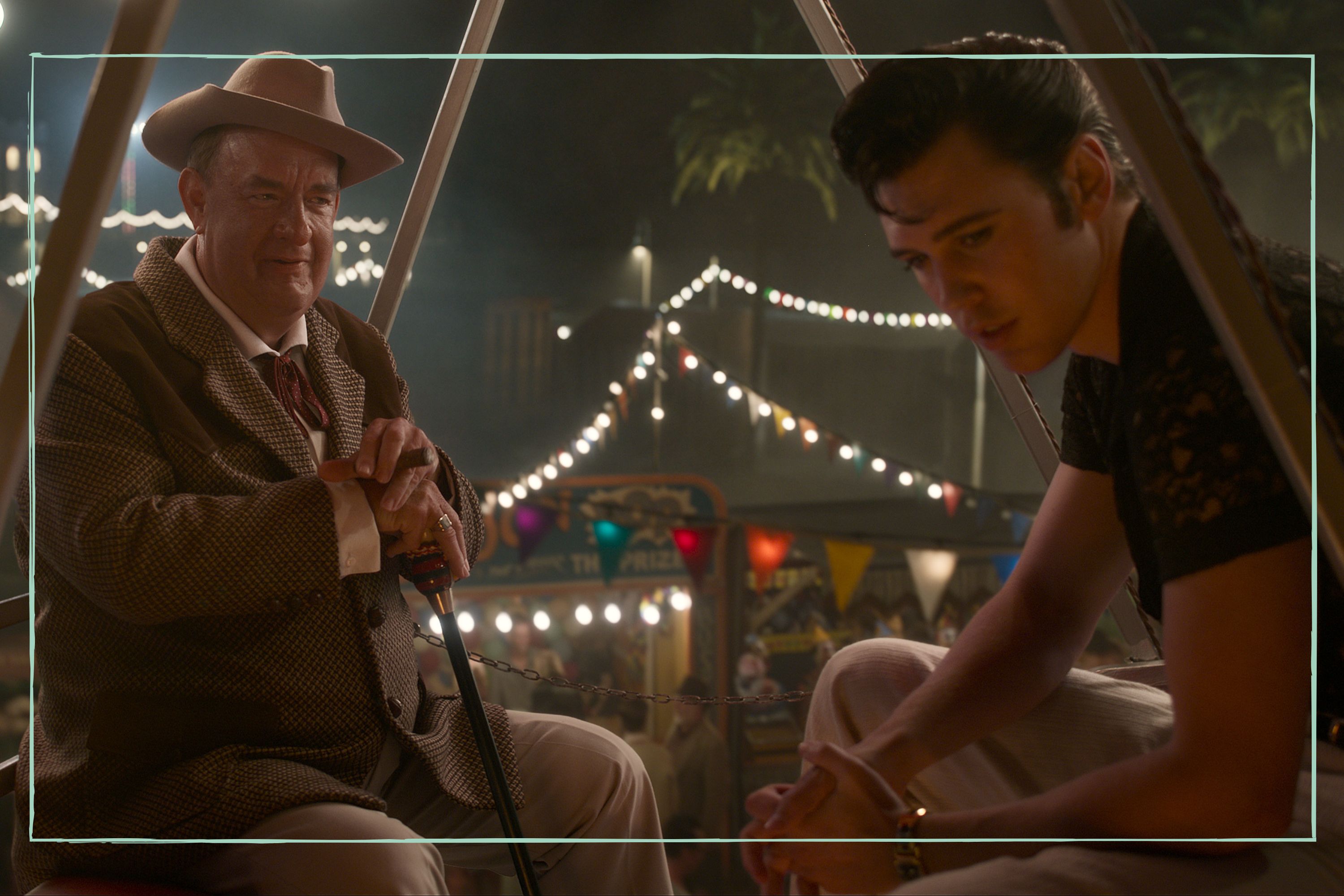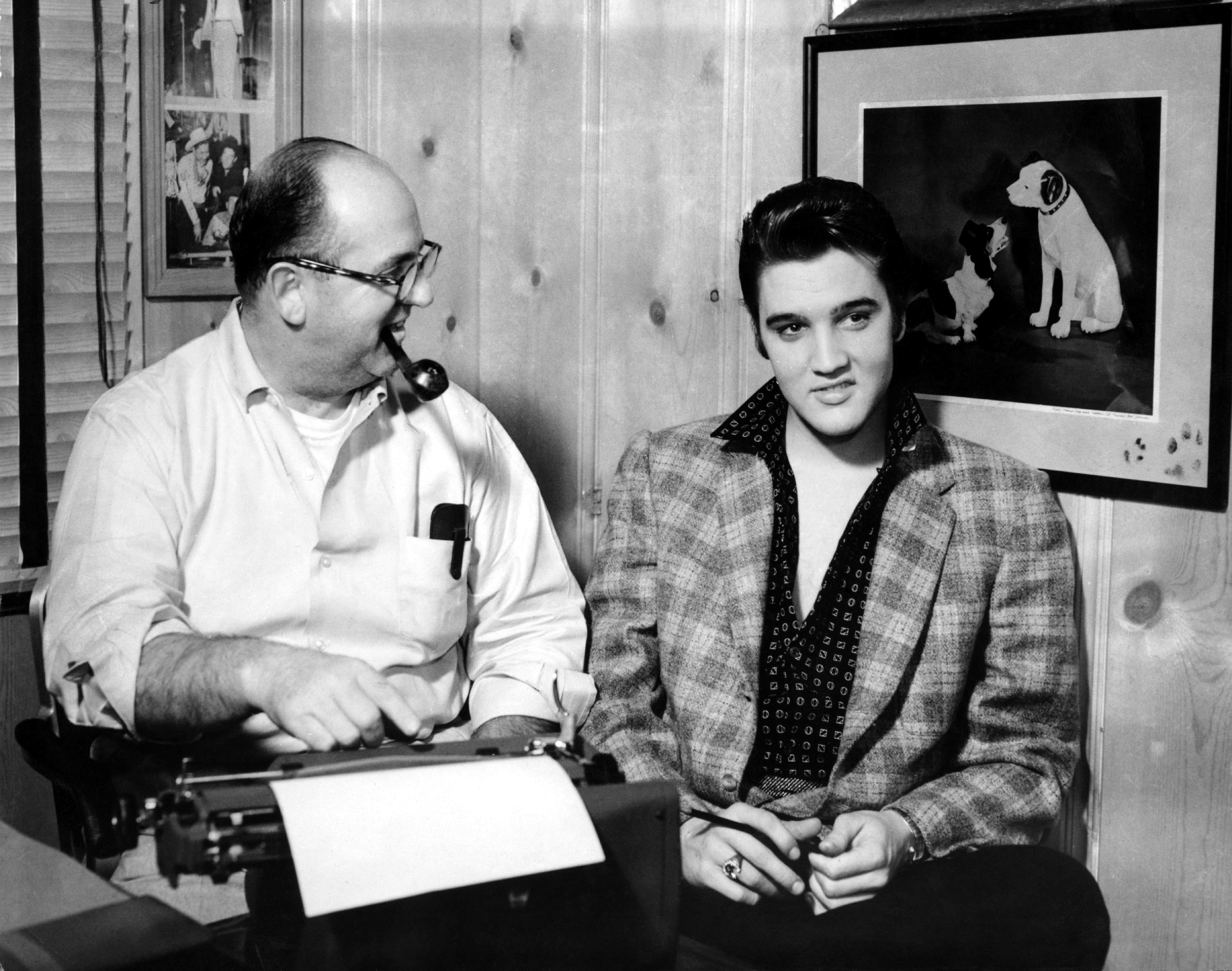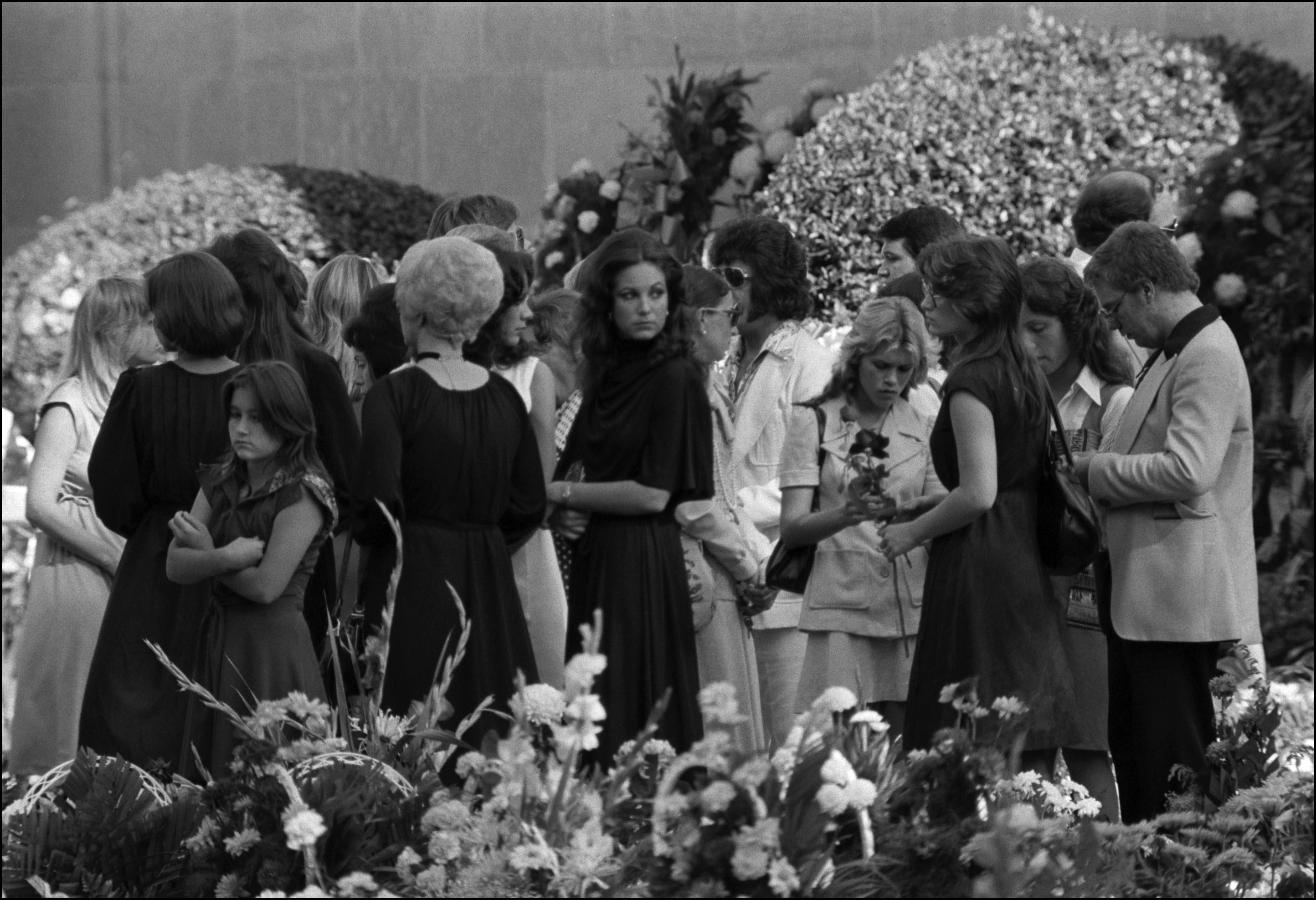Did Elvis fire the Colonel on stage and what happened to him after Elvis died?
Here's what really went down between Elvis and Colonel Tom Parker


Parenting advice, hot topics, best buys and family finance tips delivered straight to your inbox.
You are now subscribed
Your newsletter sign-up was successful
Baz Luhrmann's Elvis movie has been a huge hit with cinephiles, but many are wondering about its accuracy and asking if Elvis really fired the Colonel on stage.
Since the movie's release back in June 2022 and its subsequent arrival on streaming services, many have been enjoying Austin Butler in Elvis, the biopic that tells The King's life story. After its release, the movie was nominated for eight Oscars, nine BAFTAs and three Golden Globes and its popularity is enduring.
But fans have questions about the biopic's accuracy, and much like viewers want to know how true the movie Blonde was, Elvis fans are also wondering what is fact and what is fiction in the Baz Luhrmann film - and there's one moment in particular that has caught people's attention. So, did Elvis fire the Colonel on stage?
Did Elvis fire the Colonel on stage?
No, Elvis didn't fire the Colonel on the stage in real life. While the film shows Elvis firing his manager during a show in Las Vegas after realising he's being deceived by the Colonel, this is not what actually happened.
According to Alanna Nash, who wrote The Colonel: The Extraordinary Story of Colonel Tom Parker and Elvis Presley, Elvis and the Colonel had an incident backstage in Las Vegas in 1974, which resulted in both parties quitting their roles - but Elvis did not bring the argument onto the stage. What is true, however, is that the Colonel afterwards drew up an invoice for what he claimed Elvis owed him. Elvis couldn't pay the sum and eventually went back to working for the Colonel.
Nash told Variety that the scene in the movie took inspiration from the 1974 incident, in which Elvis criticized Barron Hilton from the stage for firing one of Elvis’ favourite employees. It was this that led to the argument between him and the Colonel.
How much did Tom Parker steal from Elvis?
Though speculations as to the actual figure differs, it is widely believed that Colonel Parker took 50 per cent of Elvis' earnings.
Parenting advice, hot topics, best buys and family finance tips delivered straight to your inbox.
However, in an exclusive interview with the Express, Todd Slaughter, who appeared in the last footage of Elvis before his death and has been the president of the largest Elvis fan club in the world for over 50 years, said, "It was claimed he took 50 per cent of Elvis’ earnings which was not true. He took 25 per cent which, at that time, was the industry standard."
Slaughter went on to claim there was only a 50/50 split between Elvis and the Colonel when it came to licensing and merchandise, insisting: “But it was never a 50/50 split on his earnings.”
With that being said, in 1980 a judge found Parker's management to be unethical and it emerged that Elvis had lost out on millions of dollars worth of royalties for songs he'd written, due to Parker's decision not to sign him up to The American Society of Composers, Authors, and Publishers (ASCAP).
Even after Elvis' death, Colonel Parker continued to manage his estate, but he struggled to make ends meet - partly because of a gambling addiction. He was believed to have been in debt to the Las Vegas Hilton for over $30 million - which led to his eviction from the property after Elvis' death - and after earning well over $100 million from managing Elvis, The Colonel's estate was worth just $1 million when he died.

What did the Colonel say when Elvis died?
In the days after Elvis' death, Colonel Tom Parker is reported to have said at a press conference "Elvis didn't die, the body did. We're keeping Elvis alive. I talked to him this morning and he told me to carry on.''
This quote has been used to back up many conspiracy theories that Elvis hadn't actually died when the news was first reported.
After Elvis' death, Colonel Tom Parker continued to manage and make money from Elvis' estate, until a case between him and the Elvis Presley Estate resulted in him receiving $2 million in exchange for all Elvis audio recordings or visual images that he owned, as well as the termination of his involvement in any Presley-related earnings for five years.
Did Colonel Parker attend Elvis' funeral?
According to ScreenRant, Colonel Parker attended Elvis' funeral dressed in a Hawaiian shirt and baseball cap. He didn't display any emotion at the event, but convinced Elvis' father, Vernon, to sign over control of Elvis' movie and career to him.
It is widely agreed that Colonel Parker used Elvis' death to make more money from his only client, and in many ways continued as if The King was still alive.

What happened to the Colonel Tom Parker?
Colonel Parker died in 1997 in Las Vegas after suffering a stroke at 87 years old, outliving Elvis by 20 years. At the time of his death, Parker was suffering with diabetes, gout, and various other health problems.
At the funeral, Elvis' ex-wife Priscilla delivered a eulogy in which she said "Elvis and the Colonel made history together, and the world is richer, better, and far more interesting because of their collaboration. And now I need to locate my wallet, because I noticed there was no ticket booth on the way in here, but I'm sure that the Colonel must have arranged for some toll on the way out."
For more deep dives into popular TV shows, we've revealed what The Zone of Interest is based on and what happened to the real Rudolf Höss and his family. We've also shared where The Madame Blanc Mysteries was filmed and where Boarders was filmed.

Ellie is GoodtoKnow’s Family News Editor and covers all the latest trends in the parenting world - from relationship advice and baby names to wellbeing and self-care ideas for busy mums. Ellie is also an NCTJ-qualified journalist and has a distinction in MA Magazine Journalism from Nottingham Trent University and a first-class degree in Journalism from Cardiff University. Previously, Ellie has worked with BBC Good Food, The Big Issue, and the Nottingham Post, as well as freelancing as an arts and entertainment writer alongside her studies. When she’s not got her nose in a book, you’ll probably find Ellie jogging around her local park, indulging in an insta-worthy restaurant, or watching Netflix’s newest true crime documentary.